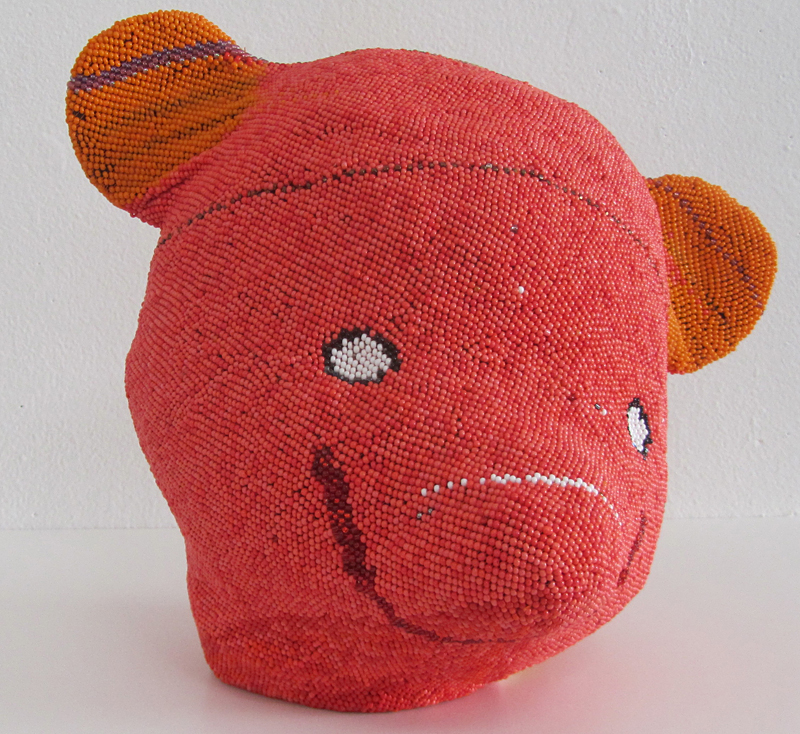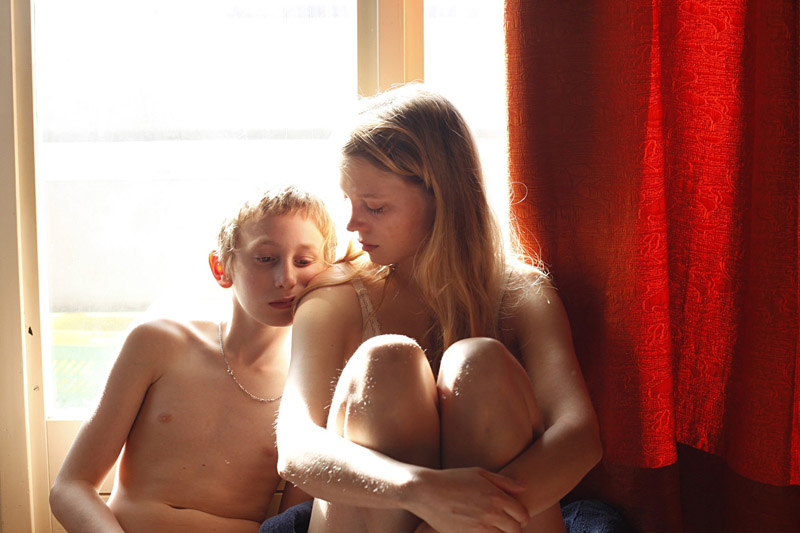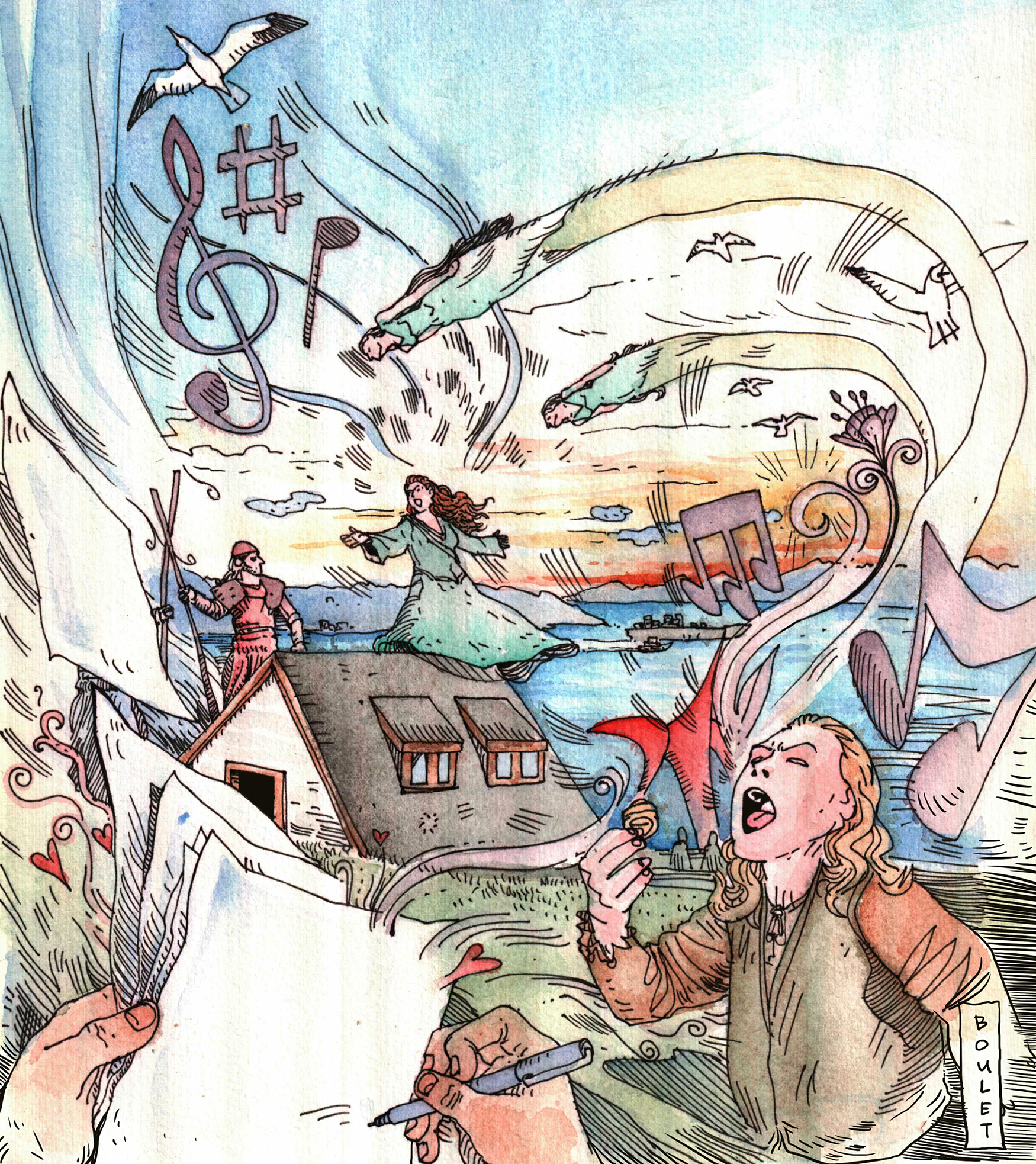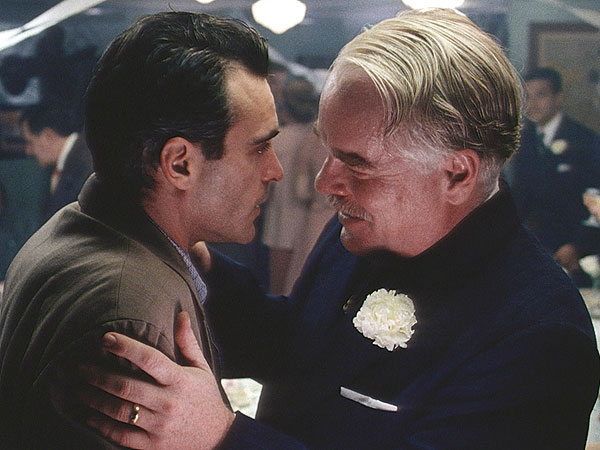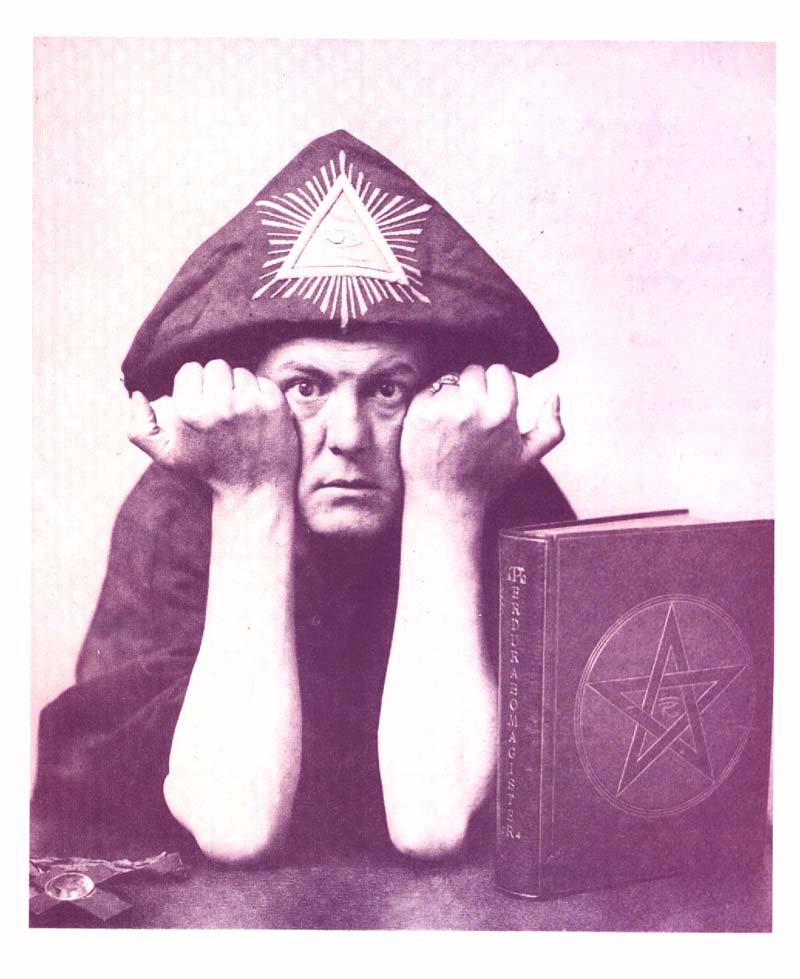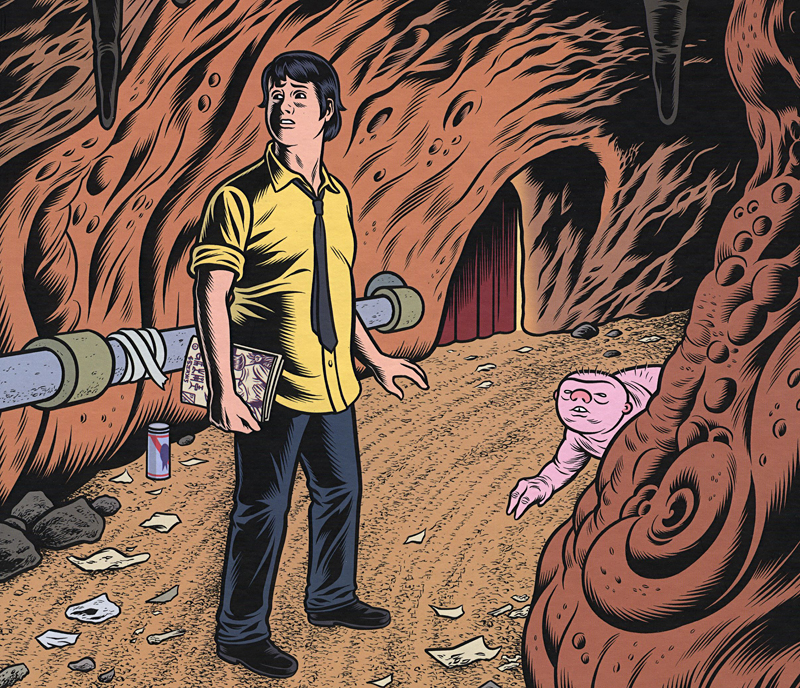THURSDAY 10/25
Visual Arts: Weaving for Dollars
The theme for this year’s BAM Biennial is “High Fiber Diet,” meaning all manner of yarn, fabrics, upholstery, embroidery, and sewing. More than 20 artists from the greater Pacific Northwest are represented in the exhibit, which opens today. Museum visitors can vote for their favorite, and the winner will receive a $5,000 prize next February (there’s a second curator’s-choice award, too, for the same amount). Some works have been seen at BAM before, like Sherry Markovitz‘s beaded red bear head. Others will be created onsite: Rock Hushka will next month begin working inside a recreation of his entire studio, and you can stop by and watch while he weaves to the music from his record collection. (Through Feb. 24.) Bellevue Arts Museum, 510 Bellevue Way N.E., 425-519-0770, bellevuearts.org. $7–$10. 11 a.m.–5 p.m. BRIAN MILLER
Dance: All for Show
Within the grim history of the Holocaust, the story of the artists in the Terezín concentration camp still has the power to make us cringe. Used by the Nazis to deflect world attention from their death factories, Terezín was presented as a model artists’ colony, a false front for their miserable business. Choreographer Donald Byrd created The Theater of Needless Talents for Spectrum Dance Theater in 2008, in his signature high-tension style, to honor those Jewish artists, but also to connect their fate to contemporary human-rights abuses. This restaging reminds us that though the inmates of Terezín are long dead, the authoritarian impulses that created their prison still exist. (Through Sun.) Madrona Dance Center, 800 Lake Washington Blvd., 325-4161, spectrumdance.org. $20-$50. 8 p.m. SANDRA KURTZ
FRIDAY 10/26
Film: Not So G’Day, Mate
Americans who laughed at Crocodile Dundee back in 1986 had no idea what the Australian Outback was really like. Ted Kotcheff‘s 1971 Wake in Fright was recently rediscovered and restored, and it’s a sun-baked, brutal revelation. Hoping to join his girlfriend back in Sydney during Christmas break, a rural schoolteacher gets waylaid in a hellhole called Bundanyabba, which looks like the set for a Sergio Leone or Sam Peckinpah western. The townsmen do nothing but drink and gamble, and the women cower in fear (or behave like slags). The handsome teacher (Gary Bond) feels superior at first, with his clean suit and paperback Plato in his luggage, but he soon blows his money and finds himself on a drunken, frenzied kangaroo hunt. (Yes, those are real ‘roos being shot.) Memories of his girlfriend and civilization itself fade into the shimmering heat waves. All that’s left in his new reality are sweat, dust, and shame. He’s reduced to his lowest instincts and desires—no different than the savages he once scorned. (Before their boozy wrestling match, the alcoholic local MD, played by Donald Pleasence, tells him, “Sex is like eating—just a thing you do because you have to, not because you want to.”) Like another notable film released in ’71, Peckinpah’s Straw Dogs, Wake in Fright peels back the lid of social propriety to reveal something rotten inside. SIFF Film Center, 305 Harrison St. (Seattle Center), 324-9996, siff.net. $5–$10. Call for showtimes. BRIAN MILLER
Theater: Heart Exam
Sometime around 1940, with a few failed works behind him, Tennessee Williams jotted down a goal in his journal. “My next play will be simple,” he wrote, “a picture of my own heart . . . It will be myself without concealment or evasion and with a fearless unashamed frontal assault upon life that will leave no room for trepidation.” When that first great glimpse of Williams’ heart debuted on Broadway in 1945, The Glass Menagerie set him on his way to becoming one of the giants of American theater. But it also started the unfortunate assumption that everything he wrote was somehow florid autobiography. Yes, Menagerie is, in his own words, “a memory play,” and its characters—a melancholic narrator looking back at a grasping Southern mother, his gentle sister, and the gentleman caller whose visit brings heartbreak to all—have biographical links. Yet Williams’ supreme gift was to transform reality through the poetry of his imagination. The play still glows with the heat of his wrecked nostalgia, and its fragile embers illuminate our own aching, troubled pasts. The lovely Seattle stage veteran Suzanne Bouchard, as matriarch Amanda Wingfield, leads the Rep cast under the guiding hand of director Braden Abraham. (Previews begin tonight. Opens Oct. 31. Ends Dec. 2.) Seattle Repertory Theatre, 155 Mercer St. (Seattle Center), 443-2222, seattlerep.org. $30–$70. 7:30 p.m. STEVE WIECKING
Books: Industrial Invective
With only 11 days before we choose our next (or same) president, Bill Press would like to explain some of the bad feelings about the incumbent. In The Obama Hate Machine (St. Martin’s Griffin, $15.99, new in paperback), the leftie radio host explores how birther/Muslim/socialist/”He’s not one of us” memeology took root in the American consciousness. Think of that rhetoric as advertising: ads sponsored by Karl Rove and various super PACs; ads funded by all that Citizens United cash; ads promulgated on FOX News, talk radio, and conservative websites. They didn’t just coalesce out of (hot) air at Tea Party rallies; they were focus-grouped, carefully phrased, and created on an industrial scale. “It’s led by the Koch brothers,” says Press. “It’s all part of an organized campaign to take [Obama] down.” And the key is that it’s well-organized. Republicans are nothing if not efficient at such invective; they’ve been swiftboating since before there were Swift Boats. The result, says Press, is that Obama has endured “the most personal, negative, ugly attacks that any president has had to withstand since Abraham Lincoln.” And if he’s re-elected, don’t expect the attack machine to run out of gas. Elliott Bay Book Co., 1521 10th Ave., 624-6600, elliottbaybook.com. Free. 7 p.m. BRIAN MILLER
Dance: Slow Progress
Butoh started as a Japanese dance form responding to the devastation of World War II. It’s since turned its attention to the fundamental qualities of the natural world and the movement possibilities of the human animal. Virtuosity in butoh doesn’t come from strength or speed so much as a willingness to be open and to work beyond the edge of the conventional world. Artists at the Seattle Butoh Festival will arrive from Sweden (SU-EN) and Japan (Atsushi Takenouchi) as well as local stages (Daipan Butoh), but all are at home in the unknown. (Through Sat.) Velocity Dance Center, 1621 12th Ave., 723-2315, daipanbutoh.com. $22–$25. 8 p.m. SANDRA KURTZ
Film: Downhill Racer
Part of the French Cinema Now series, which runs Wednesday through Sunday, Ursula Meier‘s Sister is a Dardenne-lite drama about a 12-year-old boy’s efforts to support himself and his older sister by stealing gear at a Swiss ski resort. Hustling is a profession for Simon (Kacey Mottet Klein), a delinquent kleptomaniac entrepreneur who peddles hot skis, gloves, and masks to kids and adults alike with the wheeler-dealer confidence and caginess of an old pro. He toils for the love of sibling Louise (Léa Seydoux), a hot mess whom others assume is a whore and who can’t hold a job or resist hooking up with her abusive boyfriend. Meier uses a stripped-down, naturalistic aesthetic full of well-organized compositions that pay close attention to shifts in character mood, comportment, and behavior. Her eerily silent soundscape adds to a mood of lost souls trying to maintain balance on a dangerous precipice. A midpoint revelation hits hard, even though it’s subtly telegraphed beforehand by a look of piercing desperation from Simon to a skiing mother (Gillian Anderson) and leads to a conclusion of tumultuous disarray (and tentative, qualified hope) that makes clear that resentment and anger only breed more of the same—and, worse still, solitude. (The film also begins a regular engagement next Friday.) SIFF Cinema Uptown, 511 Queen Anne Ave. N., 324-9996, siff.net. $5–$10. 6:30 p.m. NICK SCHAGER
TUESDAY 10/30
Books: Brother Against Brother
When we sat down to discuss his new Edward S. Curtis biography, Short Nights of the Shadow Catcher (Houghton Mifflin, $28), Timothy Egan gave me a good rule to help distinguish Edward’s photographs from those of his brother Asahel, since they’re so often confused. If the subject is Indians, it’s Edward; if it’s the growth and development of early Seattle, Asahel. (Both took many mountain photos, so it’s best not to guess about those.) The two brothers originally worked together, but had a bitter falling-out that Egan recounts in his book. Asahel, sent to the Klondike to take photos of the Gold Rush, accused Edward of claiming those images as his own. They never spoke again. Asahel remained in Seattle, running his own studio until his 1941 death. Edward became a martyr to his magnum opus, the 20-volume The North American Indian, which took him far from Seattle, ruined his marriage, and left him in Californian poverty for the final decades of his long life (1868–1952). Egan gives us a new appreciation for that life and The North American Indian, an important work of anthropology beyond its haunting photos. Town Hall, 1119 Eighth Ave., 652-4255, townhallseattle.org. $5. 7:30 p.m. (Also: Eagle Harbor Books, 7:30 p.m. Thurs., Nov. 1.) BRIAN MILLER
